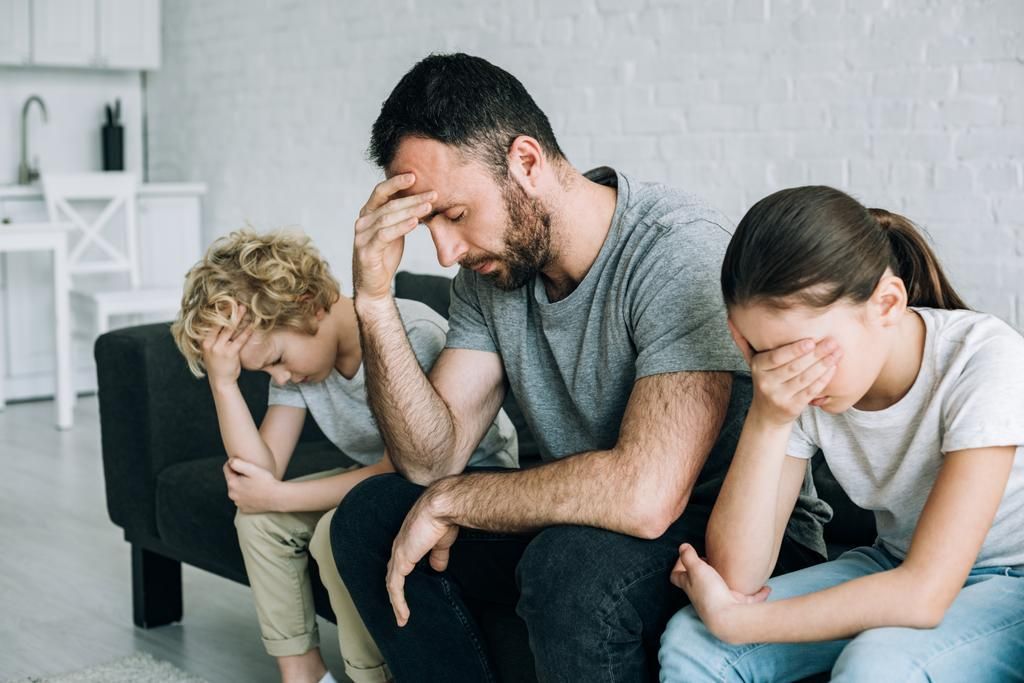(3) Genetics: Studies have shown that anxiety tends to run in families, suggesting it does have a hereditary component. So some individuals may have a genetic predisposition to anxiety, meaning If you have a family history of anxiety, you may be at a higher risk of developing it yourself. But it's important to note that having a genetic predisposition to anxiety does not guarantee you will develop it.
(4) Brain Chemistry: Neurotransmitters are chemical messengers that transmit signals between nerve cells in the brain. Neurotransmitters play a significant role in regulating mood and anxiety. Imbalances in neurotransmitters like serotonin and GABA can particularly be associated with anxiety disorders. Hormones also play a role. Cortisol (the stress hormone) and adrenaline, are released by the body in response to stress and anxiety. Chronic stress can lead to dysregulation of these hormones, which may contribute to the further development of anxiety.


















